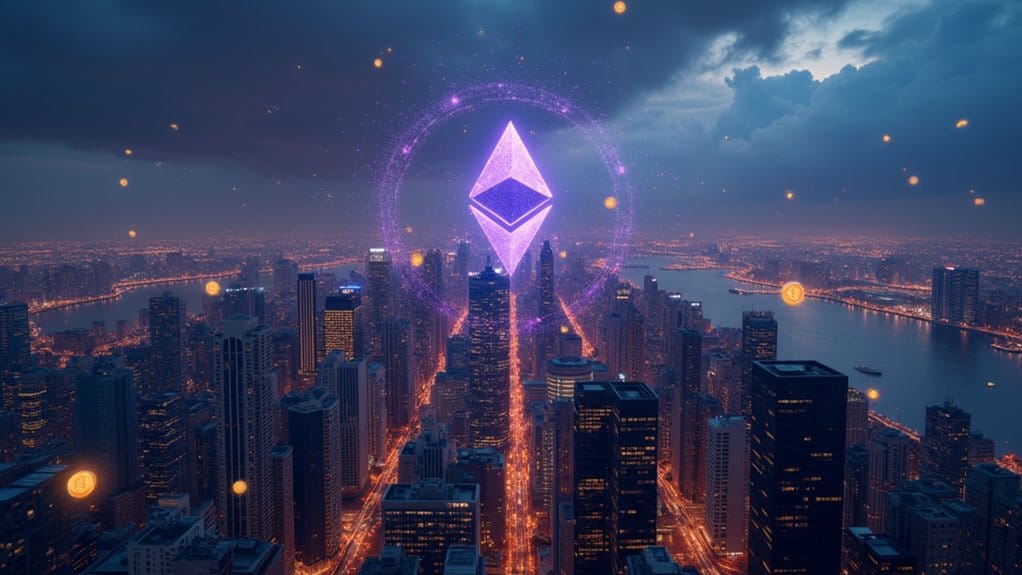Blockchain technology is transforming traditional finance through the tokenization of real-world assets (RWAs), with the ambitious goal of bringing $200 million worth of physical and financial assets onto distributed ledgers.
Mercado Bitcoin, a leading Latin American cryptocurrency exchange, has partnered with Polygon, a prominent layer-2 scaling solution, to tokenize approximately $200 million in real-world assets by 2025. This collaboration represents a significant step toward bridging traditional financial markets with decentralized finance ecosystems, potentially revealing new liquidity streams for previously illiquid assets. The tokenization initiative aims to provide enhanced liquidity and accessibility for traditionally illiquid assets, a key benefit highlighted by market experts.
The tokenization process involves creating digital representations of tangible assets such as real estate, commodities, art, and financial instruments on blockchain networks, thereby enhancing their tradability and accessibility. The process delivers significant cost savings by eliminating intermediaries and reducing administrative overhead.
Through this initiative, previously indivisible high-value assets can be fractionalized, allowing investors to purchase portions of assets that would otherwise remain financially out of reach. The immutable nature of blockchain technology guarantees transparency in ownership records, transaction history, and asset provenance, which substantially reduces the potential for fraud while simultaneously streamlining verification processes.
This ambitious project addresses several pain points in traditional asset markets, including limited trading hours, high intermediary fees, and geographical restrictions.
By leveraging Polygon’s efficient infrastructure, transactions can be executed with minimal fees and near-instant settlement times, operating continuously without traditional market closures. The implementation relies on smart contracts that automate asset management functions, similar to how Ethereum’s Solidity language powers decentralized applications. Smart contracts will automate numerous aspects of asset management, such as dividend distributions, interest payments, and compliance verification, reducing administrative overhead and human error.
Despite the promising outlook, the partnership faces notable challenges, particularly regarding regulatory compliance across different jurisdictions.
Security considerations remain paramount, as digitized assets require robust custody solutions to prevent unauthorized access. The technical complexity of implementing these systems may also initially limit adoption to more tech-savvy market participants.
Nevertheless, this initiative represents a significant advancement in the integration of RWAs into DeFi, potentially expanding the total value secured in decentralized protocols and establishing new frameworks for asset ownership in the digital age.





